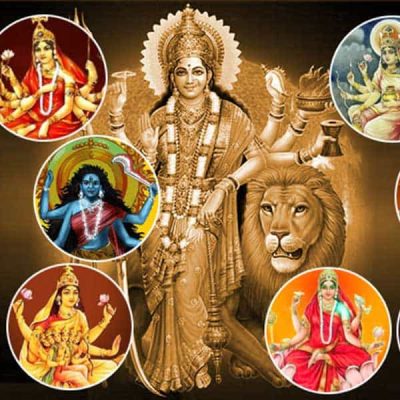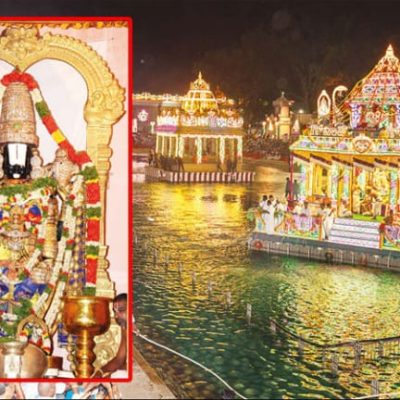Karisulndamangalam Kanaga Sabapathy Temple – Thirunelveli

Address
Karisulndamangalam Kanaga Sabapathy Temple – Thirunelveli
Karisulndamangalam, Thirunelveli District,
Tamil Nadu – 627453
Mobile: +91 99435 55866
Moolavar
Kanaga Sabapathy
Introduction
- Location: Situated at Karisulndamangalam Village, near Cheranmahadevi, in Thirunelveli District, Tamil Nadu.
- Deity: The temple is dedicated to Lord Shiva.
- Significance: It is one of the Pancha Natarajar Sthalams in Thirunelveli District.
- Origin of the Nataraja Idol: The Chidambaram Nataraja idol was created by a sthapathy who made five identical idols, one of which is in this temple. Other temples with similar idols include Kattarimangalam, Mela Karuvelankulam, and Chepparai.
Puranic Significance:
- Pancha Nataraja Sthalams:
- In Chola Nadu, Namasivaya Muthu, a sthapathy, created five Nataraja idols and had them installed in five temples, representing Lord Nataraja’s ‘Ananda Dance.’ These idols are installed in:
- Chidambaram (the original abode of Lord Nataraja).
- Chepparai.
- Kattarimangalam.
- Karisulndamangalam.
- Karuvelankulam.
- In Chola Nadu, Namasivaya Muthu, a sthapathy, created five Nataraja idols and had them installed in five temples, representing Lord Nataraja’s ‘Ananda Dance.’ These idols are installed in:
- Story of the Nataraja Idol:
- The story begins with Veera Pandiyan of Kattarimangalam who, impressed by the Nataraja idol in Chepparai, requested a similar idol from Rama Pandiyan.
- Rama Pandiyan ordered the sthapathy to create two identical idols—one for Kattarimangalam and the other for Swamy Nellaiyappar Temple.
- After the idols were created, Veera Pandiyan, fearing the beauty of the idols would be shared, had the sthapathy’s right hand chopped off and took the idols.
- Due to floods, one of the idols was discarded in the river, but villagers of Karisulndamangalam recovered it and installed it in their village.
- Rama Pandiyan, enraged by the injustice done to the sthapathy, defeated Veera Pandiyan and had his hands chopped off. Rama Pandiyan tried to take the idol, but it could not be moved.
- Lord Nataraja appeared in his dream and instructed that the idol should stay in Karisulndamangalam. The king then built a temple for the idol in the village.
Special Features:
- Location: The temple is situated at the eastern corner of Agraharam.
- Deity: The main deity is Sundareswarar (Lord Shiva), and the goddess is Sundarambikai.
- New Amman Idol: The old idol of the goddess had a damaged nose. During preparations for the Kumbabishekam, the goddess appeared in the dream of the Archakar (priest), showing him a location where a hidden idol was found. The new Amman idol and an idol of Vinayagar were discovered.
- Inscriptions: The temple is mentioned in ancient inscriptions, referred to as Kanaviniya Pandeswaramudaiya Nayanar.
- Ten inscriptions exist, six of which date back to the Pandya period.
- The temple is believed to have been built by Maravarman Sundara Pandiyan in 1216 AD.
- The village Sabha donated paddy fields to the temple.
- Kumbabishekam celebrations have occurred historically, with the last major one held on 27.06.2002 during Uthiradam Nakshathra.
References
https://tamilnadu-favtourism.blogspot.com/2017/05/kanaga-sabapathy-temple.html












Century/Period
1000 Years Old
Nearest Bus Station
Karisulndamangalam
Nearest Railway Station
Cheranmahadevi and Veeravanallur
Nearest Airport
Madurai, Thoothukudi and Thiruvananthapuram





